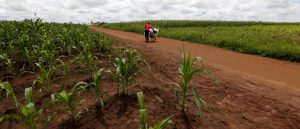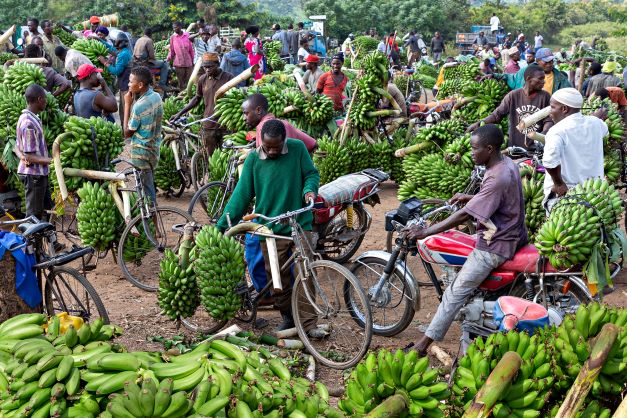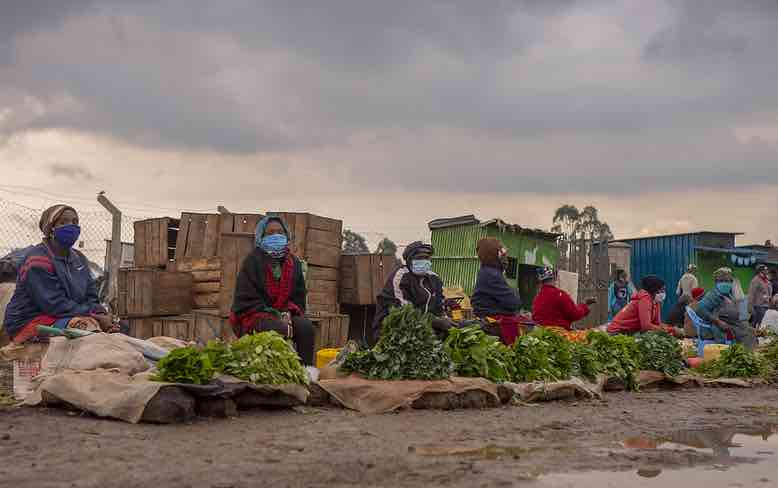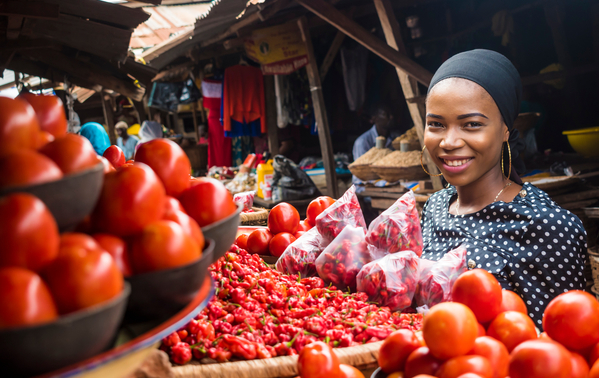 At the Davos meeting of the World Economic Forum this January, UN Secretary General Antonio Guterres described the state of the world as one “in which global challenges are more and more integrated, and the responses are more and more fragmented, and if this is not reversed, it’s a recipe for disaster” (Guterres2019). This blog post describes the exception that both proves the rule but also provides a potential way forward: African Agricultural Mutual Accountability.
At the Davos meeting of the World Economic Forum this January, UN Secretary General Antonio Guterres described the state of the world as one “in which global challenges are more and more integrated, and the responses are more and more fragmented, and if this is not reversed, it’s a recipe for disaster” (Guterres2019). This blog post describes the exception that both proves the rule but also provides a potential way forward: African Agricultural Mutual Accountability.
Mutual Accountability emerged from high-level development forums in the Paris Declaration on Aid Effectiveness and the Busan Partnership Agreement. In Africa it has matured into a process for multiple stakeholders and governments across the continent to address problems of agricultural development in alignment with the Comprehensive Africa Agricultural Development Programme (CAADP). The foundation for this African Agricultural Mutual Accountability was laid in the Malabo Declaration on Accelerated Agricultural Transformation and Growth, which included a special commitment to “Mutual Accountability, Actions, and Results” and is implemented in large part through country, regional and continental planning and reviews of progress.
The inaugural continental Biennial Review of progress towards Malabo implementation was presented at the African Union Summit in January 2018; results are summarized in the African Agricultural Transformation Scorecard (AATS). Each country self-reported progress as measured by a common set of indicators that were validated at the continental level; each country’s reported data values were obtained statistically and validated through inclusive, multi-stakeholder processes. Based on countries’ self-reported data, the AATS scorecard provides an overall score for each country plus scores on progress towards each of the seven Malabo Declaration commitments. The scorecard also includes summary diagnostics on each country’s strengths, and areas that need improvement. Continental agreement and country self-reporting using a common methodology and scorecard is an innovative process that fosters alignment and coordination. For example, Rwanda received the highest overall score, but an area of attention was government expenditure in agriculture, which at 7.5 percent of overall expenditure was lower than the 10 percent target. In response President Kagame publicly directed his Ministers of Agriculture and Finance to address the underfunding. Next week the African Union Summit includes a scheduled announcement of high-level Champions to facilitate country implementation of the Biennial Review recommendations and greater investment in the overall CAADP process.
Secretary Guterres warned that “fragmented responses” to interlinked global events are dysfunctional. Mutual accountability exemplifies a way forward to address complex, multi-stakeholder issues that include, but go beyond, conventional agricultural transformation. The AATS includes scores on “ensuring resilience to climate-related risks,” one of the areas of concern for Secretary Guterres. Looking beyond agriculture, we believe that Mutual Accountability — as being implemented in African agriculture — will be a critical component of any coordinated, multi-stakeholder effort to address the very serious issues of global concern raised by Secretary Guterres.
This post was authored by James F. Oehmke, Senior Policy Adviser, USAID and Ousmane Badiane, Director for Africa, IFPRI.
This article first appeared in AGRILINKS website.




